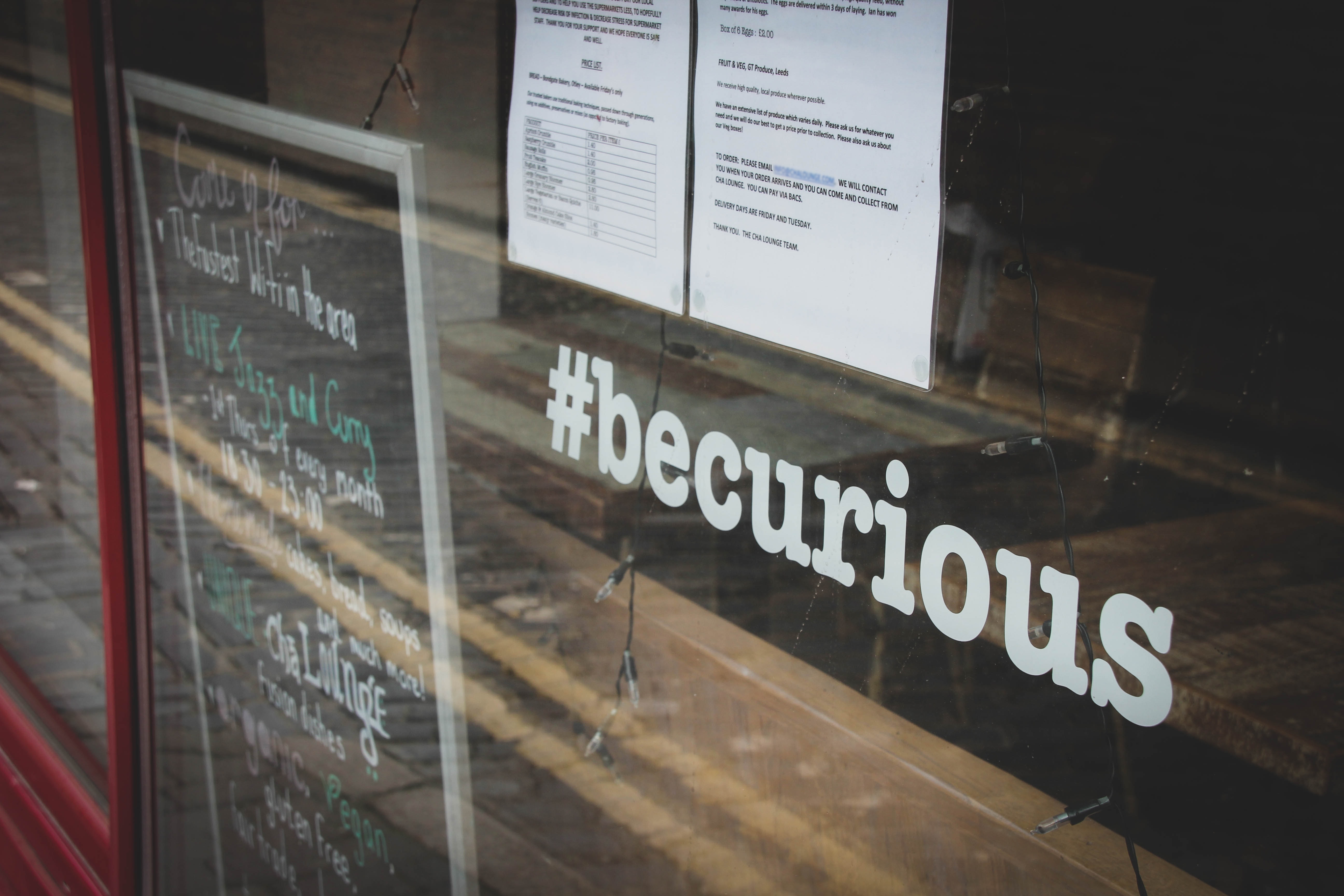Practice Curiosity
“I am curious about everything, even things that do not interest me.” Jeopardy host Alex Trebek (1940-2020)
I hope you were able to join the Society of Women Engineers (SWE) for their WE20 Conference, November 2-13th.
This was a 2-week virtual conference packed with events and presentations. If you were not able to go this year, check out their All Together site, which contains links to the daily recaps of the conference and to their podcast series and magazine.
Their theme this year was “Practice Curiosity.”
I imagine, as an engineering student, curiosity is what brought you to this field. You were curious about how to make the world a better place. How to make a rocket ship go to Mars. How to make a building withstand an earthquake. How to get clean water to people who needed it. That curiosity led you to Purdue University. Are you still feeling that curiosity, or have all your academic demands taken it out of you?
I’m sure 2020 has given you lots of other things to be curious about. When will we get a vaccine for the pandemic? How do I connect with someone online, since I can’t see them in person? How can I rig up a light so that I look better on Zoom? How can I get control over the 2,000 emails in my inbox?
No question is dumb, and according to Bob Borchers, Vice President of Marketing at Apple, we should be asking “why” about everything. “Why is there a sticker on my fruit and why, when I take it off, is it still sticky, and is there a better way to do this then putting a sticker there?” He said this is how Steve Jobs created the iPhone. “Make a phone that people will love.” And his team asked questions. What? How? Why? Bob says, “Curiosity is an incredible power that we all have within us and we need to nurture it and let it grow.”
In his TEDx Talks – The Power of Curiosity, Bob says these are the habits of curious people and that we all have the ability to develop them:
- Listen without judgement
- Ask lots of questions (don’t be afraid of asking)
- Seek surprise (take joy in finding an unexpected answer)
- Be fully present (engaged in everything and constantly thinking)
- Be willing to be wrong (it’s part of the scientific process, and lots of mistakes led to great creations … like the pacemaker, x-rays, Super Glue, and Play Doh)
- Make time for curiosity (it takes time to investigate the question and find an answer)
- Don’t be afraid to say “I don’t know”
- Don’t let past mistakes affect your future
Practice curiosity. It’s what I do every time I have self-doubt and insecurity. I ask “why” and “what can I do to stop feeling this way” and “are the things I’m telling myself true?” And through my investigation for an answer, I am getting stronger and wiser and more confident.
What questions are you asking?
Written by Rhonda Haan
Photo Credit: Gary Butterfield, Unsplash

